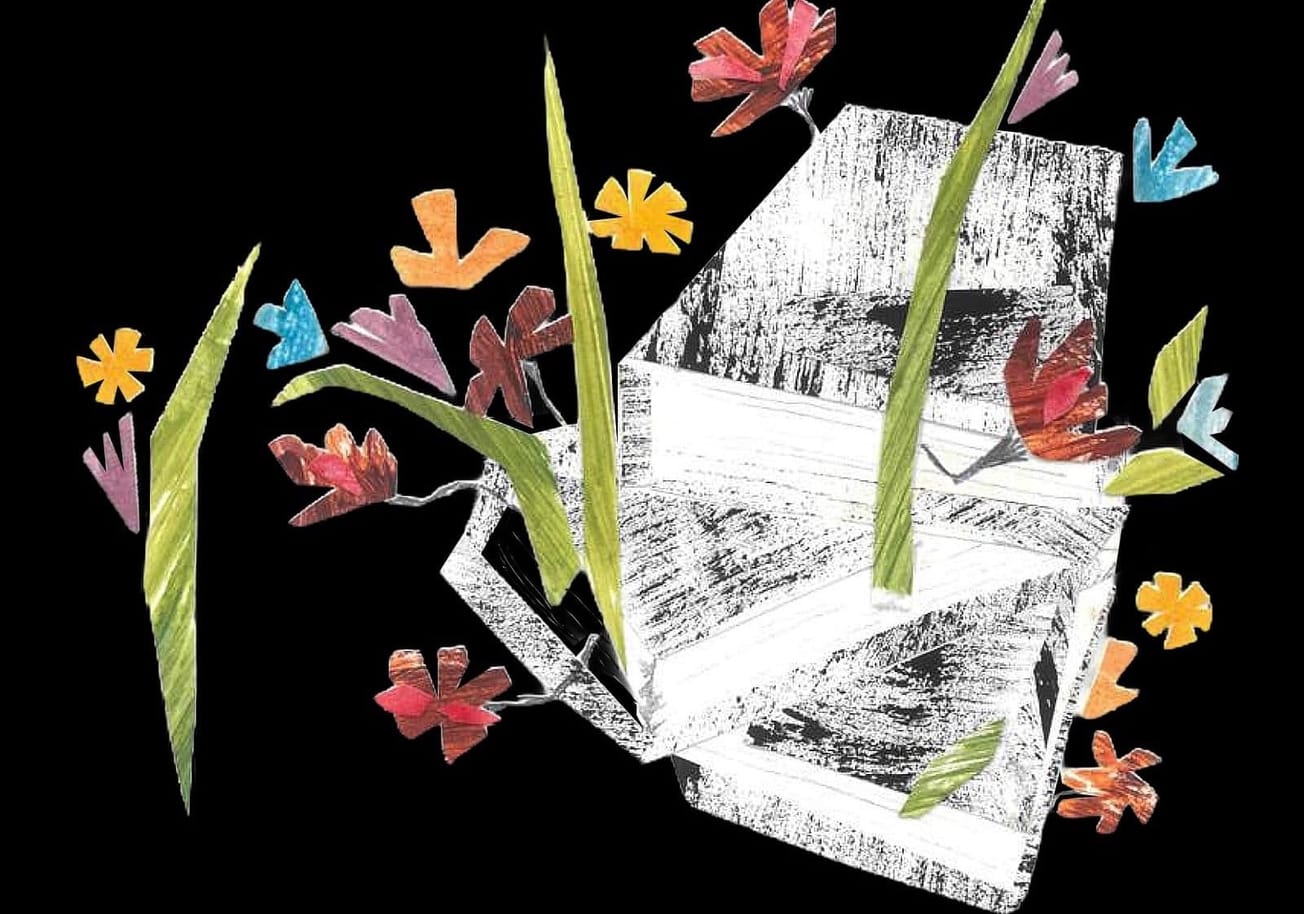By Elektra Day-San, First year, Physics and Philosophy
Intimate Partner Violence and Abuse (IPVA) affects around one-third of young people, who are more likely to experience IPVA than other age categories. A four-year study conducted by the University of Bristol has aimed to focus on IPVA within young people in particular.
The YARAH (Young Adult Relationships and Health) study was conducted from 2019 – 2023, in partnership with the University of Central Lancashire, and funded by the UK Medical Research Council. It focused on risk factors and potential pathways leading to IPVA, the health impacts of IPVA on young people, their understanding of their abuse, and their experiences when they seek support.
The mixed-methods study utilised both qualitative and quantitative data. Semi-structured interviews were conducted with 19 young people aged 18-25 alongside life history calendars of participants. The sample included transgender and non-binary participants.
Key themes from the interviews were identified and used to quantitatively analyse around 3,000 sets of survey data from the ‘Children of the 90s’ surveys (also known as the Avon Longitudinal Study of Parents and Children) - a multigenerational study following Bristol women pregnant in the early ‘90s, their children, and their children’s children.
The study found that loneliness created a ‘circular pathway’ which can lead to IPVA. Victims had often experienced multiple different forms of abuse in their past, making them more vulnerable to IPVA. This was compounded by being a member of an ethnic minority, being from a disadvantaged background, or having a disability.
Young women experienced more sexual abuse and were more likely to be victims of multiple different types of abuse. Victims of IPVA were also more likely to show symptoms of depression.
Interviewees expressed a desire for improved support for IPVA victims within communities. Improvements mentioned were clearer education within schools on identifying abuse, better signposting to specialist services when appropriate, and equal power dynamics with professionals who empower victims to make their own decisions. Interviewees also recalled positive experiences with support workers if they had access to one.
In light of the study, PolicyBristol (who summarise UoB academic research into more accessible briefings for policymakers) have suggested changes for healthcare providers, schools, and services for young people. These include relationship education within schools - teaching students how to recognise the psychological and coercive aspects of abuse.
PolicyBristol also suggested that those working in services for young people receive training for trauma-informed care. This training should allow them to understand the signs of psychological abuse and coercive control, and recognise how power dynamics between a professional and a young person might mimic that of an abusive relationship.
Overall, the findings reflect a need for improved support for victims of IPVA.
Featured image: Pexels / Pixabay
The PolicyBristol briefing on the YARAH study can be found here. The briefing also provides links to the academic outputs of the study. Further information can be found under the Centre for Academic Primary Care.









